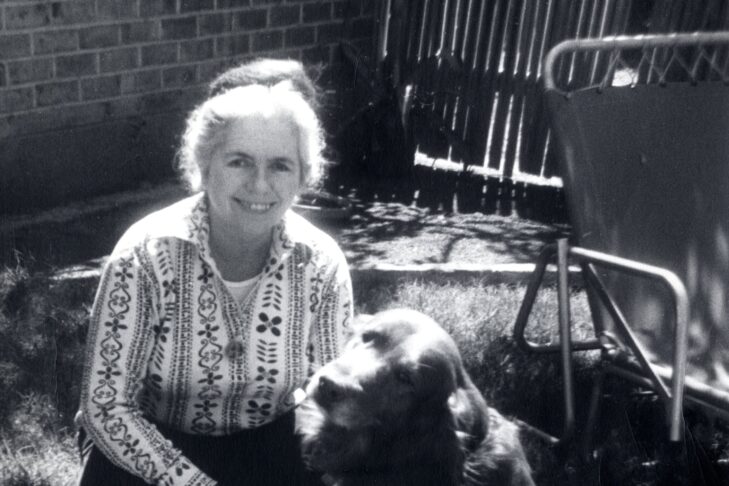Of Poetry and Women and the World by Grace Paley - Essay Summary and Response
Summary
Men make war, even though it injures them terribly. Paley asks: how do they
come to live this way?
When Paley was a little girl, she was a boy. She wanted to continue
being a boy and to go to war and do other boy things, a notion that changed
only experiencing WWII. She lived in Army camps with her husband much of the
time, which she liked because of the boys and the action.
As she began to live her own life as a writer and otherwise, she
stopped wanting to be a boy; in fact, she thought it was the worst thing that
she could never identify with. And after she had children she began to notice
the women around her, to really live among women, and ascribe importance to
them. She began rejecting the notion that men lived exciting compelling lives.
She began to be interested in women.
This is how she came to
write about women. She began to explore the female terrain with which she was
unfamiliar through her stories. Even though she felt what she was writing was
trivial, and boring, and stupid even, she advises novice writers to do the
same: to write about things they found perplexing, no matter how silly it might
seem to do so. In this way one is true to oneself.
For Paley, art is about "illumination of what isn't
known". So is justice. They are both about revealing what isn't known and
adding it to the repertoire of human experience. And that is what she did. She
wrote about Jews and women.
"The objective facts of world events right now are worse than
at any other time". McCarthyism, with its fear, was harder than the Great
Depression and the present is harder than both.
Imagination isn't the ability to conceive fantastical creatures.
Presently, what is needed is the ability to imagine reality. People have to be
able to imagine the lives of people of other genders or ethnic groups with
which they are not familiar. What we do presently, Paley says, is refer to them
superficially and what must be done in order to really understand them is
attend to thoughts of them with more depth. There are differences between men
and women in what they are excited and disgusted by. This gap is starting to
close, and the younger generations are changing, and this has been brought
about by imagining different possibilities.
This has been a discussion of the relationship between society and
artists. She lists a few responsibilities of the poet to society and vice
versa. Society must let the poet comfortably practice his art; poets must be
themselves and also imagine other things; poets must remind society of its
foundations, political and economic; poets have to keep revealing truth and promoting
imagination and society must listen.
Response
"I was a boy":
Gender is mutable and chosen by the individual (if the individual
is open enough to not subscribe to societal gender roles)
Imagination:
Paley implies that her work has contributed to bringing about the
imagination-related change she sees around her









Comments
Post a Comment
Hey friend! 🌈 I can't help with your assignments but maybe other readers can. Good luck! 🤞